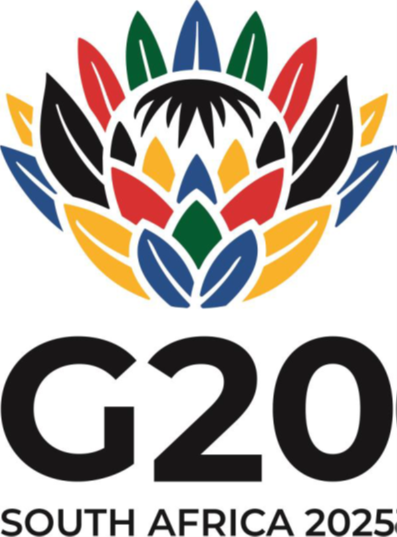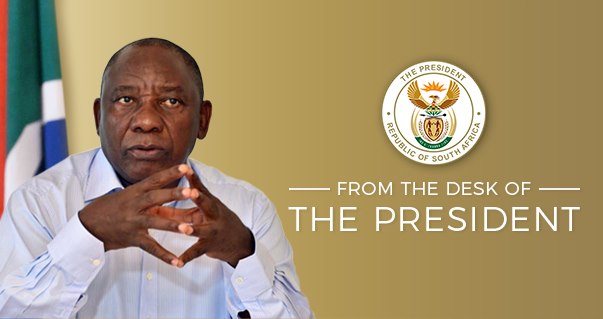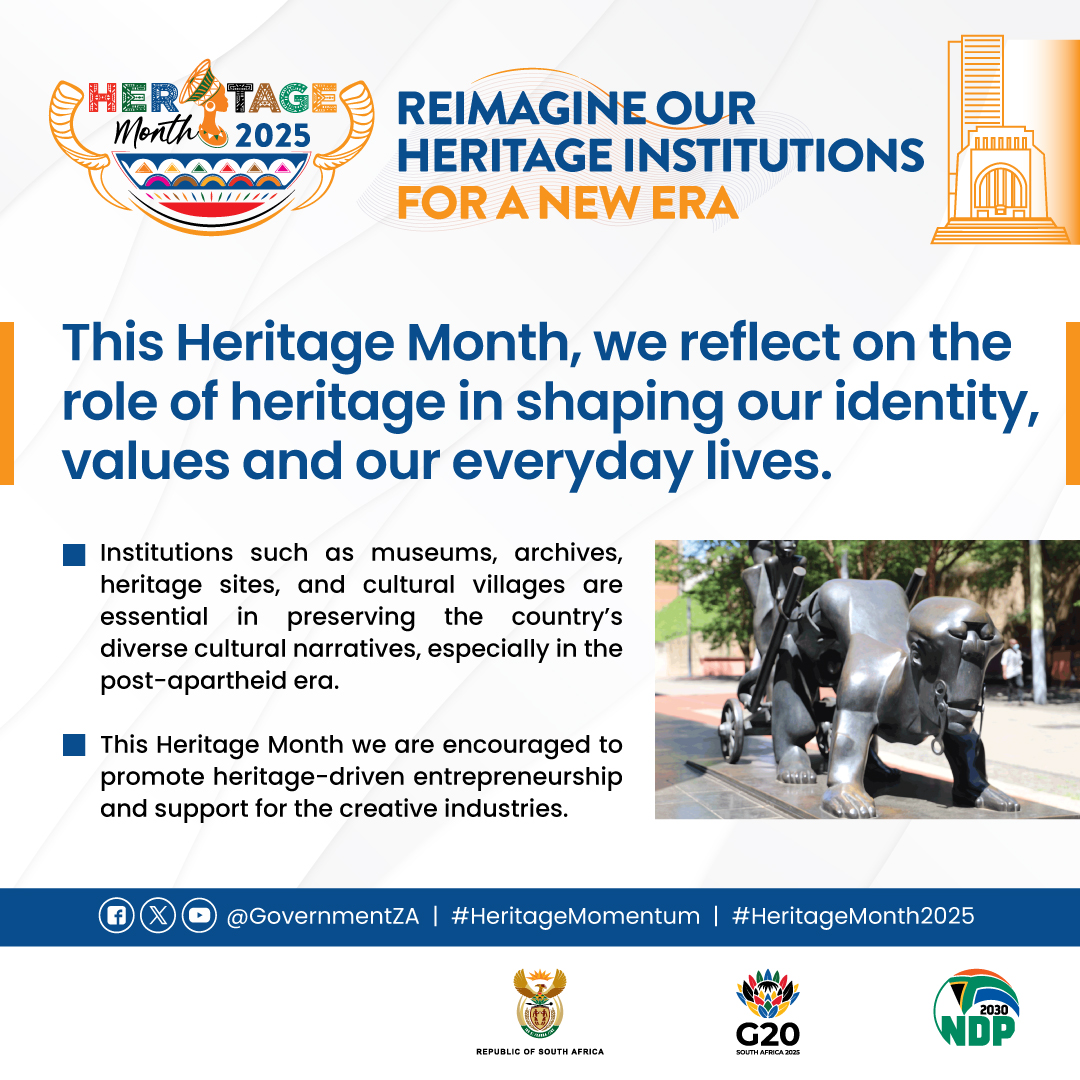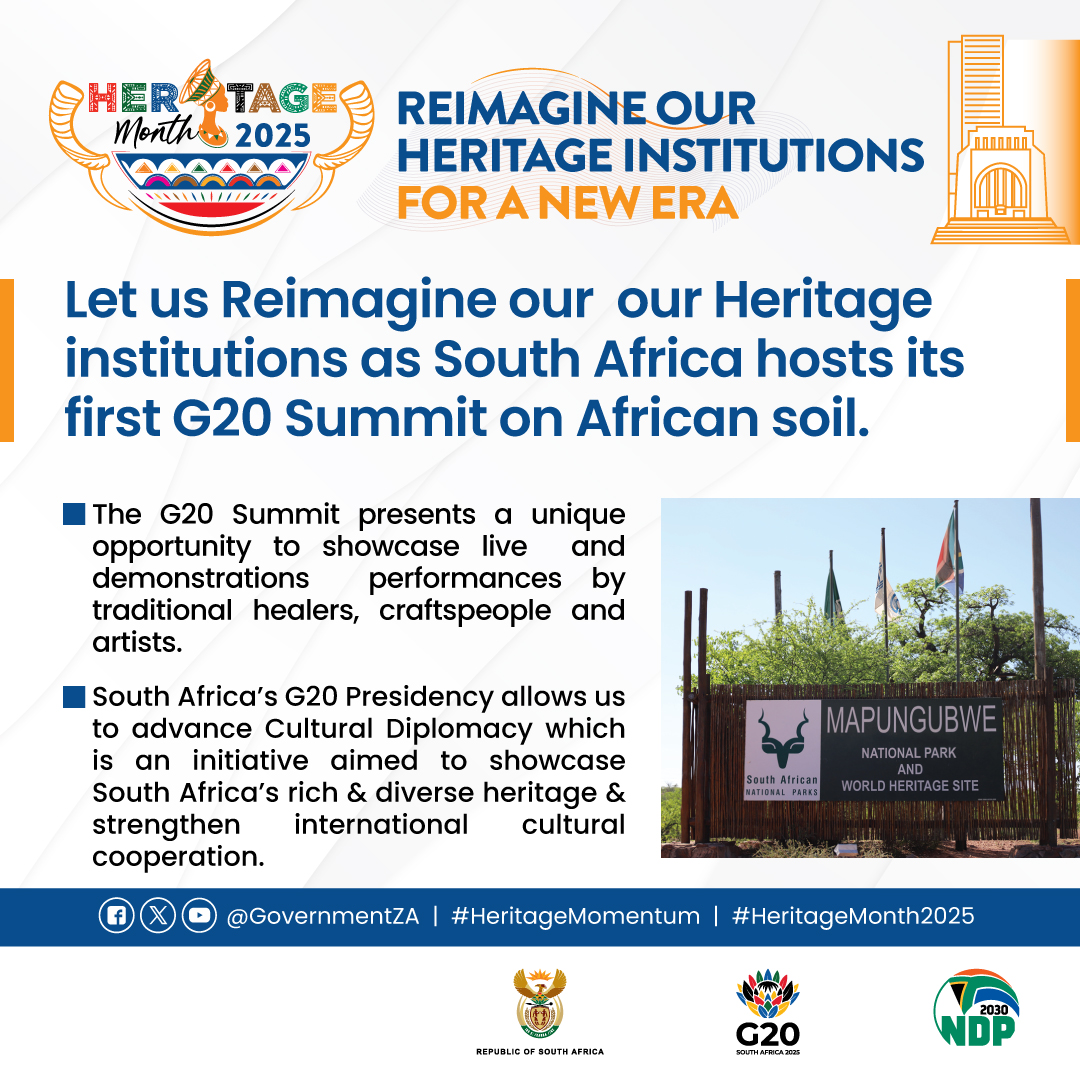
DATE: 10 September 2025
Venue: Investec Banking Limited, Cape Town, Western Cape
Your Excellency, UN TOURISM Secretary General Zurab Pololikashvili
Honourable Patricia De Lille, Minister of Tourism of South Africa
HH Princess Haifa Al Saud, Vice Minister of Tourism for the Kingdom of Saudi Arabia
HH Princess Sara Bint Abdulaziz Al Saud, Deputy Minister of Tourism, General Supervisor of the Deputyship of International Affairs of Saudi Arabia
Hon. Abdulla bin Touq Al Marri, Minister of Economy and Tourism, United Arab Emirates
Hon. Rodney Sikumba, Minister of Tourism, Zambia and Chair of UN Tourism Commission For Africa
Hon. Ana Carla Lopes, Vice Minister of Tourism, Brazil
Excellencies
Global leaders and partners from across the G20 communities
Investment Partners
Colleagues
Members of the Media
Ladies and Gentlemen
All Protocols observed
Good Morning, Goeie môre, Molweni, Salamalekum.
It is no cliché to say South Africa is the most beautiful country in the world. From the meeting of two great oceans to the sweeping Kalahari Desert, from our iconic safaris to our modern skylines, our beauty is undisputed. But the question before us today is not whether South Africa is beautiful. The question is: What more can we offer the world?
This Summit marks the beginning of that answer. This is our inaugural Tourism Investment Summit, a G20 legacy project. Delegates, we have received an overwhelming response from investors and stakeholders like yourselves.
Today, we are putting before you eight flagship, bankable projects. These are projects from both the public and private sector, with strong return on investment and high community impact. And this is just a fraction of what lies in our national pipeline, which is rich, diverse, and growing. We stand here not only as a nation of immense tourism potential, but also as a gateway to Africa.
Our theme “G20 Tourism Investment for Jobs, Growth, and Transformation” reminds us that this is not just about business. This is about livelihoods. This is about reshaping South Africa and positioning Africa as a global tourism powerhouse. Together, through regional collaboration, enabling policies, and smart infrastructure, we can achieve this vision.
Through the Government of National Unity, we have demonstrated that policy shifts unlock growth. As of 1 June 2025, the Amended National Treasury Regulation 16 for Public-Private Partnerships came into effect. These changes allow us to embrace models from Design-Build-Operate partnerships to blended finance and even crowdfunding.
I call on you, our investors in this room and those joining us online, to bring forward your ideas, your models, and your innovations.
Let us build tourism infrastructure that not only attracts visitors but uplifts communities and creates jobs.
Our projects range in size, from God’s Window Skywalk in Mpumalanga which is looking for R200 million ($10.4 million) investment to the Hole in the Wall Resort in the Eastern Cape which requires R141 million ($7.9 million). Together all 8 projects represent nearly R1 billion in investment-ready opportunities.
And while PPPs are one option, the amendments introduced by treasury allow investors to provide us with innovative financing models. With the right mix, we can build infrastructure, create jobs, and uplift communities, all at once.
Tourism contributes at least 8,5% to South Africa’s GDP. In July alone, South Africa welcomed over 880,000 visitors, which is a 26% increase compared to last year. Behind these numbers are livelihoods, families, and communities.
But we cannot stop there. The ground is fertile for shovel-ready infrastructure projects. According to UN Tourism, South African startups attracted over $39 million in venture capital between 2019 and 2024. This is more than half of the continent’s total in tourism solutions.
That is why I am deeply grateful to UN Tourism for their support in crafting the “Tourism Doing Business: Investing in South Africa Guidelines” which will be launched today. This publication is not only a testament to the strength of our collaboration, but also a critical milestone for South Africa’s tourism sector. These guidelines provide clarity, transparency, and confidence to investors.
UN Tourism will also announce 100 scholarships, aligned with demand-led skills development in our country. Because for tourism to thrive, our young people must have the skills the sector needs.
Again, investors, guide us on what the demand-led skills of the future are. What will be the skills that we need in the next 5 to 10 years South Africa’s human capital is one of its strongest assets.
With 56% of the population under the age of 30 and an adult literacy rate of 95%, the country provides a broad and adaptable labour base. Supported by advanced universities and national skills development efforts such as those led by the Culture, Art, Tourism, Hospitality and Sport Sector Education and Training Authority, the tourism workforce is prepared for inclusive, service-oriented growth.
The private sector is already showing confidence. Just yesterday, I witnessed the unveiling of the V&A Waterfront’s R20 billion Granger Bay precinct development. On the other side of the country, in KwaZulu-Natal, ClubMed is building a multi-billion-rand resort along our Indian Ocean coastline. These pioneers will share more about their vision during this Summit.
We are also unlocking access to our destination. Following the launch of the Trusted Tour Operators Scheme in India and China, our Department of Home Affairs will soon, before the end of September roll out the Electronic Travel Authorization system. This will digitalise and automate all short-stay visas, enabling secure and seamless travel for tourists across the globe.
We are also broadening our offerings through sports tourism. Minister Gayton McKenzie is today submitting South Africa’s bid for the Formula 1 rights at Kyalami, in Johannesburg. Next year, we will host the LIV Golf tournament at Steyn City, another first for Africa. Already, the tickets have been sold out. And in 2027, we will once again host the ICC Cricket World Cup.
Colleagues, as a G20 member state, we have committed to four deliverables:
A. An action plan on People-Centred AI and Innovation, with our tourism hackathon challenge winners to be announced this week.
B. An action plan on Tourism Financing and Investment, which this very Summit is laying the foundation for.
C. An action plan for Enhanced Resilience, ensuring inclusive and sustainable tourism.
D. And the G20 Tourism Report on Air Connectivity, paving the way for seamless travel.
This Summit is about jobs, growth, and transformation. Tourism is labour-intensive. Every investment here means jobs for young South Africans. Every Rand or Dollar invested is an opportunity created. And every partnership formed here will help us transform tourism into a driver of inclusive, sustainable prosperity.
South Africa is a nation at work, and we are about action.
Partner with us. Together, we can deliver a bold new chapter in tourism investment, for our country, for Africa, and for the world.
Delegates as I conclude, while you are here, please take advantage of our tourism month, Sho’t left campaign. Where you can get up to 50% discount on our tourism offerings. We have uploaded over 650 deals. Come and enjoy South Africa, with her citizens.
Thank you.








